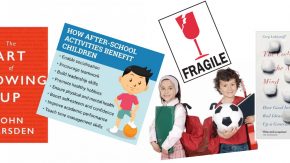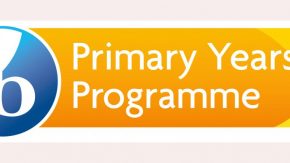Social Emotional Learning – Perspective Taking
As a PYP (Primary Years Program) school the concept of Perspective (What are the points of view?) is one of the key concepts that is explored through numerous units of inquiry throughout the year and as a component of our Social Emotional Learning Program, Second Step.
During their early years, students experience a strengthening of the neural connections in their brains, making them faster and more efficient processors of information. These changes, in conjunction with abstract reasoning skills and the growth of metacognitive skills (the ability to think about your own thinking) do three important things for students:
- Allow enhanced creativity
- Allow students to experience deeper empathy
- Provide an opportunity to develop stronger perspective-taking skills
Researchers often refer to this growth in cognitive skills, and the opportunities it provides, as adolescents’ “developmental assets.” Yet, despite their increased capacity for problem solving, students often have difficulty using these skills when they face interpersonal challenges. So how do we help our students to improve their perspective-taking skills?
Perspective Taking in the Second Step Program
The Second Step Program harnesses students’ developmental assets by providing opportunities for them to analyse some of the common social problems they face. These exercises require perspective taking (the ability to identify and understand how a person is feeling), a skill that’s critical for maintaining healthy relationships and avoiding and resolving conflicts. Perspective taking is also the foundation for developing social awareness and cultural competence because it allows students to understand, empathise with, and show compassion for people from different cultures and backgrounds. Perspective is an important component of our PYP learning framework as it promotes ‘international mindedness’ and our pastoral care policy with its focus on ‘respect for all’.
How Students Can Avoid and Resolve Peer Conflict
To develop strong perspective-taking skills, students need to practice. The Second Step program that we use for our Social Emotional Learning sessions explicitly teaches perspective-taking strategies that help students learn to avoid and resolve conflicts. Examples include:
- Checking your assumptions about other peoples’ thoughts and feelings
- Keeping an open mind and seeking information instead of jumping to conclusions
- Making amends to someone you’ve hurt
You can also explore these two books for further insight about adolescents’ developmental assets:
- Brainstorm: The Power and Purpose of the Teenage Brain by Daniel J. Siegel, MD
- Age of Opportunity: Lessons from the New Science of Adolescence by Laurence Steinberg, PhD
Reference
Jagers, R. J., Rivas-Drake, D., & Borowski, T. (2018). Equity & social and emotional learning: A cultural analysis. Frameworks Briefs, Special Issues Series.






